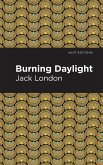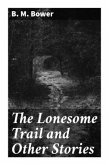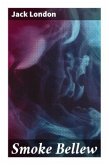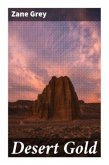In Jack London's "Burning Daylight," the narrative delves into the life of a rugged and ambitious man, Daylight, who epitomizes the quintessential frontier spirit. Set against the backdrop of Alaska's gold rush, the novel combines elements of adventure and psychological exploration, showcasing London's renowned naturalism and vivid prose. As Daylight navigates through wealth, integrity, and human relationships, London crafts a tale that critiques the corrupting nature of greed and the American Dream itself, reflecting the socio-economic dynamics of early 20th-century America. Jack London, an iconic figure of American literature, drew heavily from his own experiences as a gold prospector and a sailor, which informed his storytelling in "Burning Daylight." His firsthand encounters with the harsh realities of life on the frontier and the allure of wealth are infused into Daylight's character. London's background in journalism and social activism also shaped his exploration of themessuch as individuality, capitalism, and social responsibility, making this work a profound reflection of his time and beliefs. Readers seeking a compelling exploration of ambition and morality will find "Burning Daylight" not only a captivating narrative but also a critical examination of the ideals and pitfalls of the American Dream. London's masterful storytelling invites reflection on deeper societal insights, making this novel a must-read for both enthusiasts of adventure and those intrigued by the complexities of human nature.
Bitte wählen Sie Ihr Anliegen aus.
Rechnungen
Retourenschein anfordern
Bestellstatus
Storno








